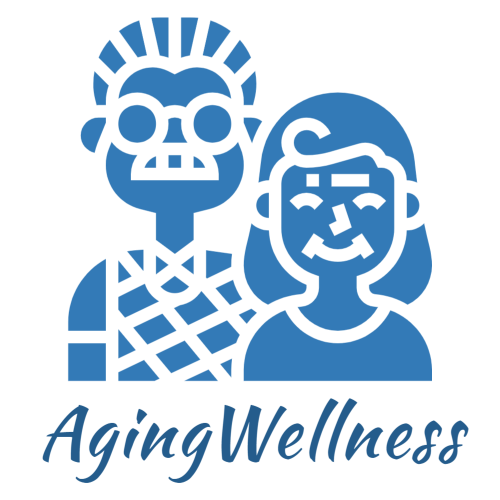Guest article from Caregiverlist.com
Many times the search for the right Senior Home Care Agency must be performed quickly because of an emergency medical condition. Other times people are able to plan ahead and research the various provider companies. Regardless of your timeline, this is a decision which impacts everyone involved emotionally, as well as financially. You want to know the home care agency, as a business, is following all the necessary legal requirements so they are liable for the caregiver as their employee and you are not. Senior Home Care Agencies must hire the Caregiver as their employee and pay for all payroll taxes and Worker’s Compensation Insurance in order to protect you if any injuries occur while the Caregiver is providing care. If the Caregiver were working directly for you as an independent contractor, they would be able to sue you if they had a physical injury on the job or felt there were other abuses. All of our agencies employ their Caregivers to protect you from this liability.
Caregiverlist.com’s Checklist: Choosing a Home Care Agency
Needs
First consider the actual care needs and write out a list of items that need to be provided. Be able to give an example of a typical day for the care recipient, from the moment they wake up until they go to bed and include a timeline of when they prefer meals, naps and other activities.
Hands-on
How much hands-on care is needed vs. companion care? If more companion care is needed, make a list of possible activities.
Transportation
Do you need a Caregiver who can escort the client to doctor’s appointments and social activities? If so, what mode of transportation will they use? Will the Caregiver drive the client in the client’s car? Keep in mind that you may need to research your car insurance coverage if this is the case. Will the Caregiver drive the client in the Caregiver’s car? If so, be aware that it will be difficult to be 100% sure that the Caregiver’s insurance policy is up-to-date even if you verify this in the beginning. If they have a late or missed payment the policy could be cancelled without your knowledge. Will they take public transportation (bus or taxi cab)? This is probably the safest method of transportation to prevent the risks of insurance issues. (Some cities provide special transportation privileges for seniors and you may want to contact your local Department on Aging for information).
Memory Loss
Is there memory loss? If so, have you had the type of Memory Loss diagnosed (Alzheimer’s Disease, Huntington’s Disease, Pick’s Disease, Frontal Lobe Dementia, Frontotemporal Dementia, Lewy Body Disease, Normal Pressure Hydrocephalus, Vascular Dementia, Parkinson’s Disease)? Blood clots and brain tumors may also cause dementia. A diagnosis of dementia type will help the agency to better understand the care needs and assign a Caregiver with the right type of training and qualifications.
Language
Do you need a Caregiver who speaks a certain language?
Hours
How many hours of care per day will you require? Review the list of services you will need performed during the care visit and decide on the minimum number of hours per day which would work as a starting point. The agency will need to know the hours of service to assign a Caregiver and will allow you to adjust the hours after the first week to accurately meet the care needs.
Dietary
Are there any special cooking requirements? Communicate any food allergies or specific cooking requests and consider how groceries will be purchased or delivered if the care recipient is unable to shop for groceries on their own.
Additional Skills
Are there any “skilled” care requirements, such as taking blood pressure, blood sugar testing, wound care or a feeding tube? Communicate if these specialized services will need to be performed or monitored.
Medication Management
What is the care recipients method for managing medications? Do you know for sure if the medications are currently being taken correctly? Be able to provide a list of medications and the method of monitoring so the Agency will be aware of possible side effects and other requirements such as taking pills with or without food, etc.
Care Management
Will Care Management be required? As Caregivers are responsible for providing the “hands-on” care, they do not have time to manage the overall care issues. A trained Care Manager can supervise all of the care needs, from organizing medications in a pillbox and obtaining refills (due to insurance purposes, this service usually must be provided by a Supervisor or R.N. depending on the state laws), to arranging doctor’s appointments and other necessary services. A Geriatric Care Manager will work with family members and take on responsibilities which they are unable to perform and provide professional expertise in guiding the long-term care decisions.
Click here to read about our Quality Standards for participating Senior Home Care Agencies.
